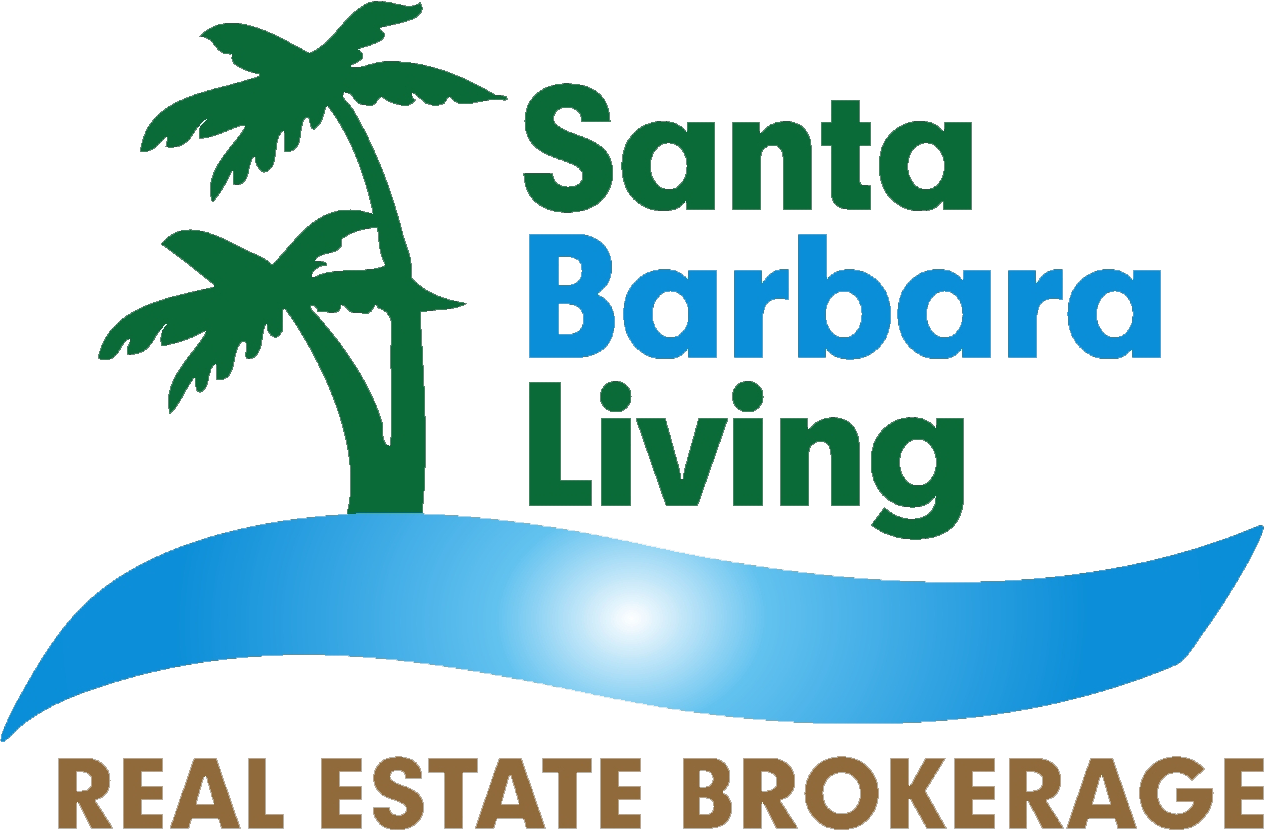Should You Invest In Rental Real Estate?
By Erik Carter
August 9
Are you considering investing directly in rental real estate? With many people increasingly concerned about both stock and bond market valuations, you're not alone. First, let's take a look at some of the benefits of becoming a landlord:
Income: With stocks and bonds both yielding about 2%, one of the main benefits of real estate is the ability to generate significant income without having to sell your investment. It's possible to generate high single to low double digit returns on your cash even with a mortgage.
Inflation protection: Not only can real estate provide good income, it's income that naturally keeps pace with inflation. Inflation can also increase the value of real estate and reduce the real burden of mortgage debt over time. For these reasons, it can be a great way to hedge against the possibility of rising inflation, which generally hurts both stocks and bonds.
Leverage: Historically, real estate appreciation plus rental income has underperformed stock appreciation plus dividend income. What gives real estate an advantage is the ability to benefit from the leverage of purchasing it with borrowed money at relatively low interest rates. For example, if you put down 20% on a $100k property and it appreciates 3%, you actually earn a 15% return ($3k of appreciation divided by the $20k you put down). Of course, you can buy stocks on margin but margin rates are higher and are not tax deductible. You could also be forced to sell your stocks while they're low to satisfy a margin call.
Tax advantages: Real estate also comes with a lot of tax advantages. First, you can deduct costs such as the mortgage interest, property taxes, and depreciation from your taxes and even use excess "losses" to reduce your other taxes. If you sell a property, you can defer the capital gains tax by reinvesting the proceeds in another one. When you pass away, your heirs can inherit the property and sell it without having to pay any tax on all the appreciation during your lifetime.
Control: You can add additional value to real estate by purchasing a property you believe will appreciate faster than the overall market (the real estate market is much less efficient than the stock market so there are more opportunities to profit from superior knowledge), making improvements, and managing it yourself.
However, real estate is not for everyone. There are some important challenges to be aware of too. Before taking the plunge, here are some questions to ask yourself:
Do you have to have a good credit score and debt/income ratio? Ideally, you'll want a credit score above 740 and total debt payments (including future mortgage payments) of no more than 43% of your gross income. If you're not there, take steps now to improve and protect your credit score and to pay down your debt. Otherwise, you'll get a higher mortgage rate or you may not even be able to qualify for a mortgage at all. If you have the cash, you can purchase real estate without a mortgage but you lose the benefits of leverage.
Do you have enough savings? A 20% down payment will help you avoid having to pay for PMI (private mortgage insurance) but a 25-30% down payment is often needed to qualify for the best rates on an investment property. You may also need another 2-5% for closing costs. If you don't have that, start saving now. Keep in mind that you'll also need savings for emergencies after the purchase, including maintenance and repair costs and covering the mortgage during vacancies.
Do you have time and patience? Sites like Roofstock are making it easier, but buying direct real estate isn't as easy as buying a mutual fund. You'll likely have to spend a lot of time researching and looking at properties and may not get your first, second, or even third choice. Even once you have a signed contract, expect lots of phone calls, emails, and paperwork to complete the transaction.
Do you know how you'll manage the property? The first method makes it a business/part-time job. The second is an additional expense that can cut into your returns.
What tax bracket are you in? While there are lots of tax breaks from owning direct real estate, the rental income is subject to your ordinary income tax rate, which is higher than the tax on qualified stock dividends. One way to avoid this is to invest more for appreciation than income while you're working and in a high tax bracket. Another is to purchase real estate in a self-directed IRA, which can grow to be tax-deferred or tax-free, but that comes with its own complications.
Are you okay having your money tied up? You can't generally sell real estate as fast as you can a stock or mutual fund and transaction costs can be high. You can take out a line of credit to borrow against any equity you have, but that still needs to be paid back.
Do you have a high risk tolerance? People often think that real estate is less risky than stocks. With an individual stock, you could lose all the money you invested, but with a rental property, you can actually lose more than you put in. After all, you're on the hook for maintenance costs and mortgage payments even if you don't have a paying tenant. If you sell it at a loss, leverage can work against you as you can end up not just losing your down payment but also possibly being stuck with an underwater property.
Like any investment, real estate has its pros and cons. The important thing is to go into it with both eyes open. It's not just location, location, location. It's also education, education, education.
Source: Forbes
